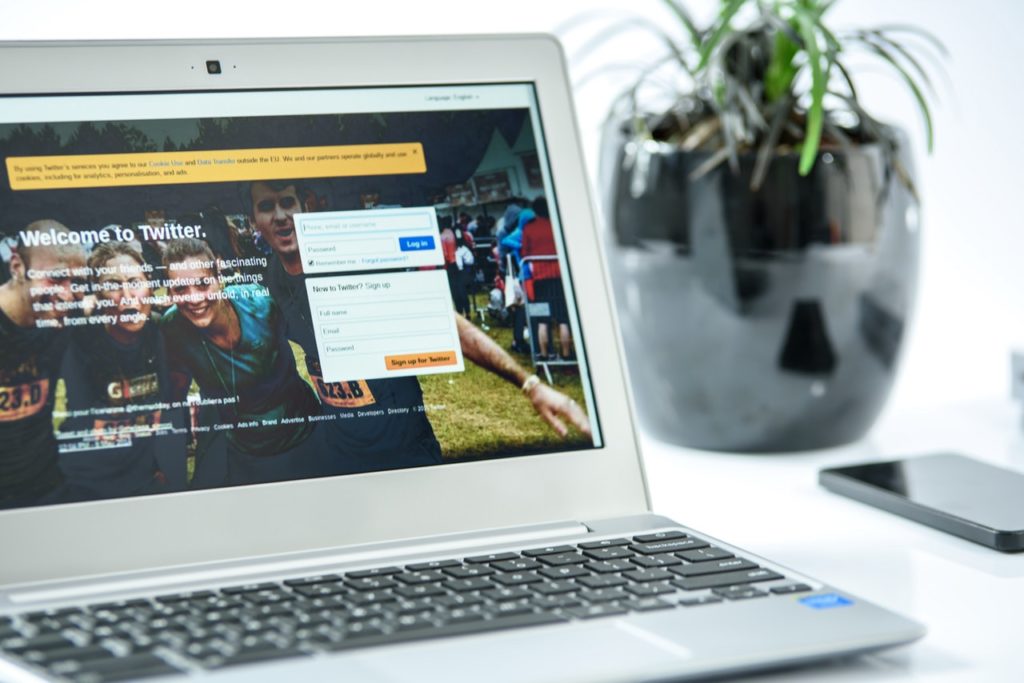There’s a lot to consider when the world is in distress but there are still social media channels to run. Teresa and Kristine wrote an excellent blog a few years ago that addresses how to handle pushing out good news during times of crisis. When the issue is affecting higher education as intimately as the coronavirus pandemic, there is a special level of gravitas that every social media post must reflect. While that feels especially intimidating, ultimately, the best practices that communicators typically keep in mind are exactly what they need to follow during a national crisis. Here are four Twitter rules to follow everyday, including during crisis, to have a healthy, helpful platform.
Be Personable
People are scared. In the case of COVID-19, the crisis is a fear of safety related to personal and family health. The last thing people want when deeply anxious is robotic statements and responses from the organizations they care enough about to follow on Twitter. While the larger the institution, the greater the need for autonomy, there still must be priority on crafting language that is sensitive and approachable.
Be Responsive
When phone wait times are hours long, or people simply don’t even know who to call, social media emerges as the natural place to raise questions. Often, the tone of direct questions from students or parents can come off irritated. While it may be tempting to dismiss snappy comments or inquires as not serious, keep in mind that tone may be disguising deep worry. Honor that by responding to all requests for information, whether they come by public Tweet or direct message.
Be Mindful of Humor
Colleges and universities normally have great content at their disposal. Whether a funny mascot or a president acting silly, generally Twitter rules dictate it’s okay to be lighthearted—especially when posting from a general institution account that serves to show prospective students the vitality of campus life. However, as I previously wrote, straight-out humor is very difficult to successfully carry out on Twitter. Anything even hinting at sarcasm will be especially ill-received, and portray an institution as one that is woefully out of touch with the nation’s struggles.
Be Informative
This is probably the most important rule to follow at all times. Current parents and students rely on institutions to be transparent, and witnessing an institution be opaque, either purposefully or unintentionally, is a huge turnoff for prospective parents and students. These people engage with an institution because they want to know what the institution has to say. Be as forthcoming as possible before followers have a reason to call out an account for being slow to provide information on classes, closures or anything related to the national crisis.
No particular situation should make a communications department feel like they need to rewrite their best practices. The Twitter rules we all should follow on a normal day are exactly what we need to navigate a national crisis.
